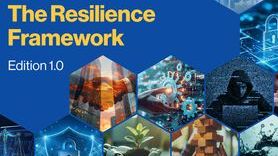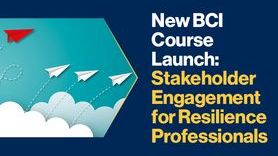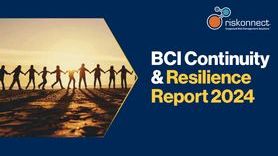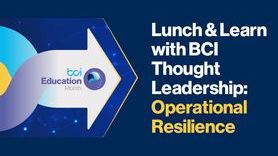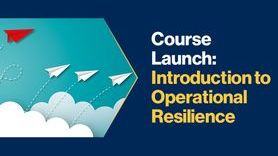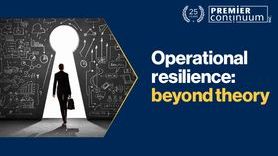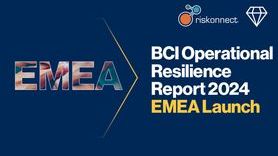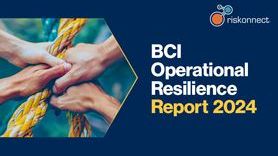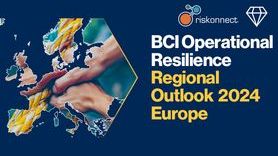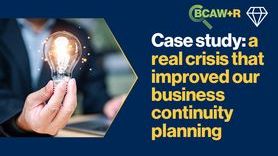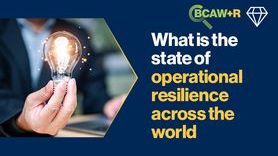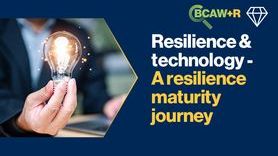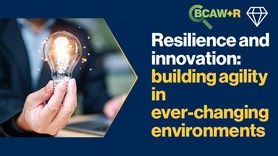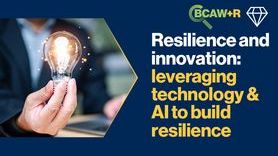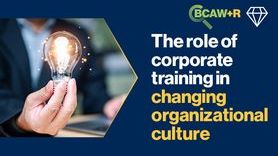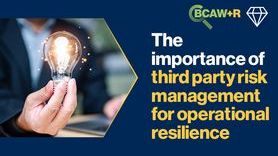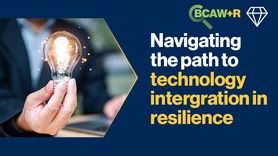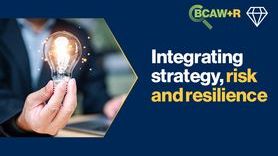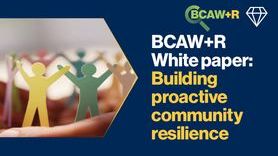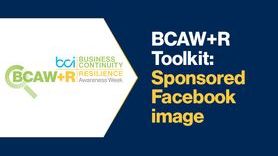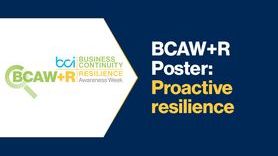How to increase business resilience awareness
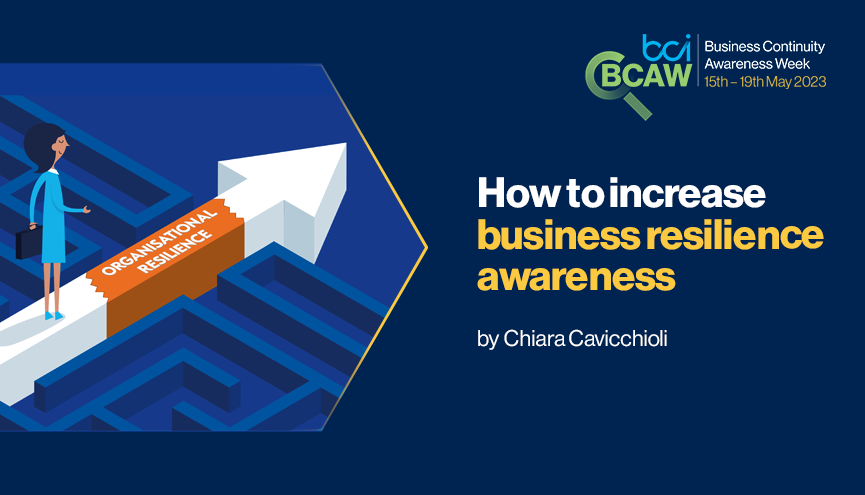
One of the biggest challenges that any organization faces is being able to increase the awareness and knowledge of business resilience of each member of the organization. This difficulty is also linked to the fact that these activities are often seen as additional tasks to be performed, instead of opportunities.
So, how can we change this vision and approach?
A great way could be to make people understand that business resilience doesn't just concern the working environment, but that with a few simple techniques it can be applied to everyday life, allowing you to better cope with daily unexpected events.
An example could be a "daily resilience plan" in which to report unexpected events that happen or could happen during the day, and how they could be anticipated and managed.
The main questions that underlie this concept and allow us to plan effective mitigation options are:
- What if?
- What do I need to do “X”?
The first question is more in line with business continuity and allows us to find solutions to restart operations following an event, while the second is more in line with business resilience and allows us to have a proactive approach in analysing what resources are used to perform a specific action.
Let's see two examples:
- What would happen if I was late for work?
- Nothing (no mitigation options needed)
- My salary would be reduced (would I be able to meet my monthly expenses? If not, should I leave home earlier or change route to a less busy road and consider a second temporary job or working overtime? If yes, no mitigation options are needed)
- My hours off would be reduced (would I still have enough hours to use for other unforeseen events? If not, I would have to leave home earlier or change route, opting for a less busy one, and move any extra work commitments in advance. If yes, no mitigation options are needed).
- I have to take a plane ("what do I need to do X?"). To check in, I need the tickets and have to arrive at the airport 2 hours in advance.
- Tickets: I could have paper tickets with me, but I could lose them or ruin them in some way. Therefore, the solution is to have a digital copy saved on your smartphone/mobile device. Although, only keeping a copy in your mailbox is risky because this may not work, so it is advisable to save to the cloud and in the device’s files, also remembering to keep it charged (a power bank could help).
- Arrival at the airport 2 hours in advance: if you use your car, in the days prior to departure it could be useful to check the traffic on the road in the time slot of interest, assessing whether it will be necessary to leave early. In addition, we must consider that the car may not start or may have a breakdown, so it is advisable to already have the contact details of a taxi or to ask in advance for availability from friends and/or relatives for a possible ride.
If public transport is used, it is necessary to monitor whether strikes have been called and make the same alternative arrangements as above in the event that the ride is cancelled.
Involving resources in these issues and making members of the organization understand how they can positively influence their daily lives will allow us to obtain a return from a working point of view, improving participation and awareness in the business resilience field. An additional factor to take into consideration is that resources must not be involved only in case of ‘need’, such as through the execution of BIAs and involvement in case of emergency situations, or personnel will continue to consider these issues as a task to be carried out. In a nutshell, we have to involve all our employees on an ongoing basis throughout the working year.
It is important that this approach is continuous and integrated into the responsibilities they carry out.
One way to make them feel part of an active and continuous process could be to organise frequent working tables, where they have the opportunity to express ideas on how to manage and anticipate events that those who don't work with risk on a daily basis might neglect.
To conclude, organizational resilience in the company follows the same logic as that applied to our personal life and focuses on identifying the most critical points that could (in case of an adverse event that impacts them) jeopardise the stability or existence of the business, identifying actions to anticipate an event and mitigate it in the best possible way.
Get involved in BCAW 2023 - Follow the link below:




